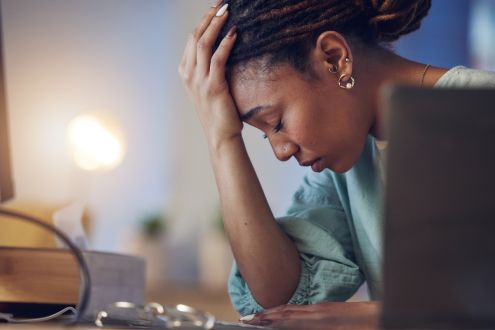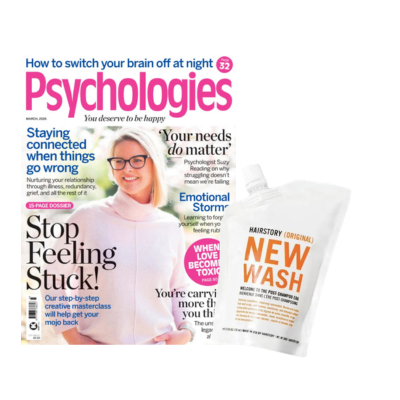6 ways to avoid holiday guilt and actually enjoy your break

Discover the five obstacles to enjoying your holiday (and six ways to make them better), with clinical psychologist Paola Filotico
Holidays are an interesting time and place. Whether we are planning to go away, or to stay at home, we look forward to holidays — to the time off, to seeing more of people we love, and to meeting new people; to visiting unknown places, or places which we long to see again.
Holidays are exciting, and full of promise, yet, all too often, they fail to deliver. Too often we get to the end of the holidays with feelings of exhaustion, disappointment, guilt, frustration, and even relief that we are going back to normal life, at last. Perhaps holidays are more complicated than we believe.
In my experience as a clinical psychologist, I believe there are five obstacles that get in the way of us having a good time.
Perfectionism
We build a lot of expectations over the months to achieve the perfect holiday. While planning ahead, looking forward and daydreaming can create a sense of excitement, if we approach our time off with too much of a clear idea of what we expect should happen, we are likely to be disappointed.
Excessive expectations can create stress in the weeks or months preceding the holiday: the act of booking hotel rooms and activities, as well as buying equipment, could end up being associated with a sense of performance, pressure to do things right.
This way, an activity that was meant to be enjoyable becomes exhausting, and if (when) something does not go as we wish, excitement turns to anxiety. If you struggle with self-sabotage in the face of perfectionism, read our tips on how to stop it in its tracks.

Low self-esteem and holiday guilt
Excessive expectations associated with perfectionism could be related to how we see ourselves in the first place.
We might attach great importance to things like booking the right room with the right view, or creating the perfect list of books to read, because of an underlying idea that the way we organise our holidays says something important about us.
We might also feel ashamed if we are not having the great time that we were expecting; we compare ourselves to others and imagine they do holidays better than us, we beat ourselves up for not feeling as relaxed as we should, for not having more fun. This is linked to low self-esteem: if our self-image is negative, we will likely be harsh and unforgiving with ourselves.
We see ourselves as unworthy and/or not good enough, so, especially when things do not go according to the plan (that was probably unrealistic to begin with), or if we are stressed, we will jump to the conclusion that we failed, and we are to blame. If this sounds like you, try these 5 simple ways to love yourself more.
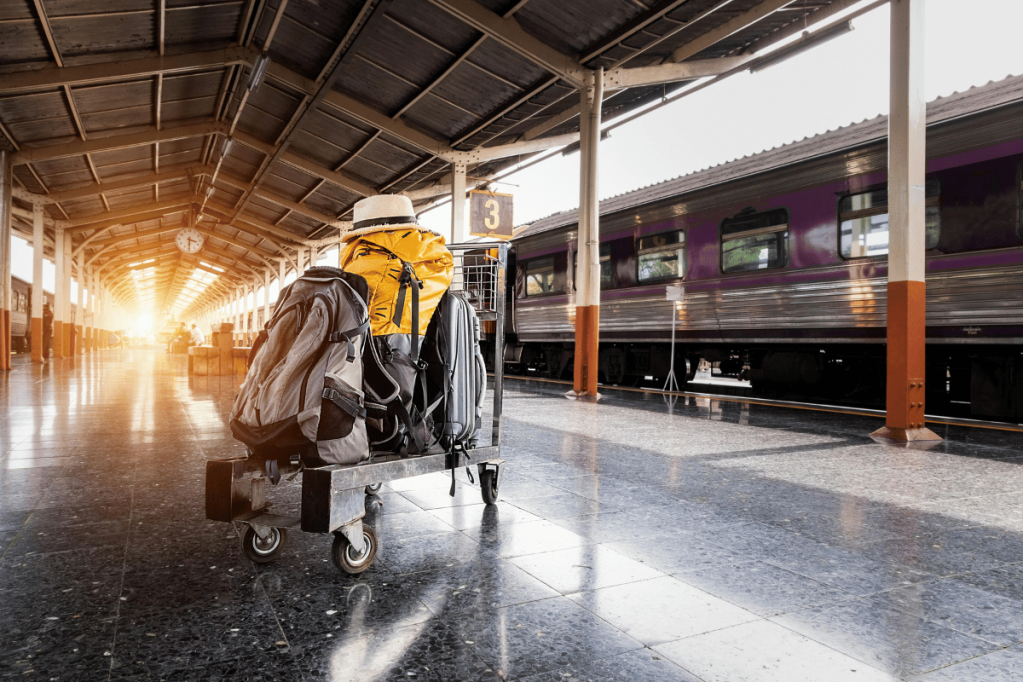
Emotional baggage
We lead full-on lives, filled with work and responsibilities.
It can be tempting to think about holidays as a separate time, in which the daily grind disappears, and the weight of commitments is lifted. One thing that we really hope to get when we take time off is relief from difficult feelings such as anxiety, sadness, and stress.
Often though, the painful emotions that we wish we could leave home are not just the result of tiredness: they might have been with us for a long time, and be related to our personal history and our life experiences.
If this is the case, holidays could even make things worse: for example, we could experience sudden sadness or anxiety, we could feel guilty for indulging in something that we think we don’t deserve, or painful memories could resurface just because we find ourselves in a specific place.
How our life looks, and what it should look like.
The tourism industry, the media, and social media add to the image of a holiday as the perfect time away from day-to-day life; we get the promise of peace, relaxation, fun, memorable times, all things that allegedly we don’t have at home, but we can easily achieve the moment we are on holiday.
The underlying idea is that our lives are miserable, and we should escape as soon as we can. Such messaging feeds a mindset of unrealistic expectations and discontent.
Also, we are led to think in a black-and-white fashion: time off becomes the opposite of normality, rather than a part of life that organically blends with the rest.
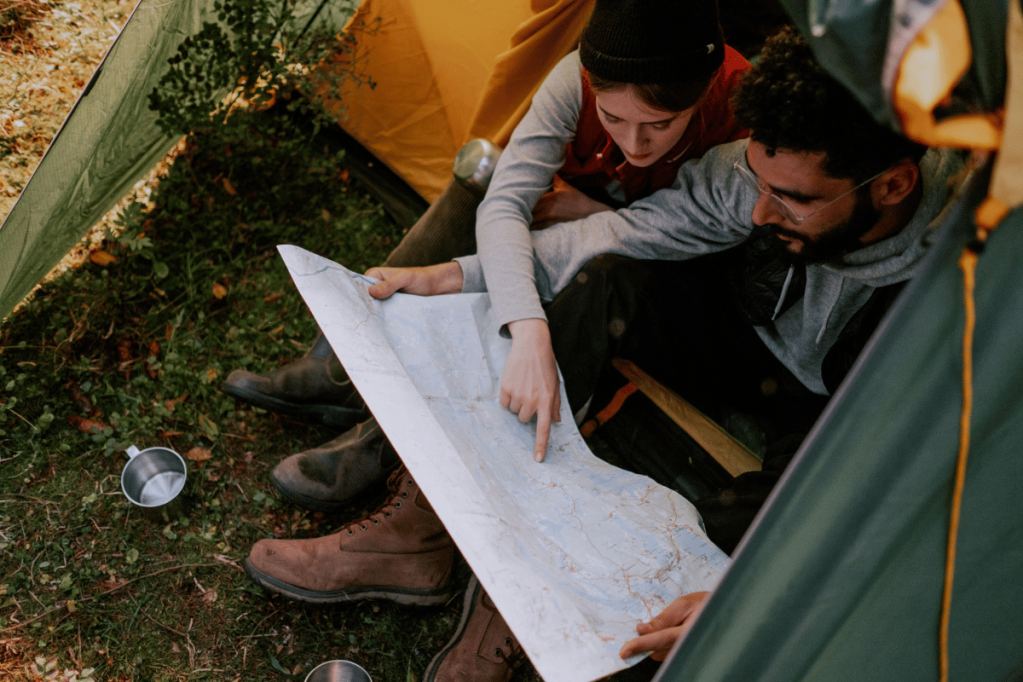
The impact of change
Holidays bring change, and change is always challenging, even when it is for fun. We dive into our holiday anticipating a warm embrace, and sometimes what we get is a cold shower.
If we travel, we might experience a sense of displacement: we might find the hotel bed impossible to sleep in, we might dislike the taste of tap water or misunderstand the local sense of humour. Things are not necessarily easier if we spend our holidays at home: we wake up at a different time, we have made plans that we are not sure we want to carry out anymore, we miss small rituals that make us feel good.
In both cases, we have no need to rush and a lot of time on our hands, but possibly not a clear idea of how to make good use of it. We might feel bored and anxious, guilty and ashamed for not making the most of the precious hours we worked so hard to conquer. Should we give up on holidays then? Of course not.
But let’s make them more sustainable — for us — so that they can finally be all that they promise to be, and more.
Let’s discover the six ideas that will help us achieve that.
1. HOLIDAYS ARE JUST HOLIDAYS
We need to demystify holidays, and think about them for what they are: a time to do something different, a chance to break our routine. If we charge a trip, a cruise, a week off, with too much importance, if we believe that their outcome says something about us (about our competence, intelligence…), we are exerting a lot of pressure on ourselves, and hampering our actual chances to enjoy the experience. Our holidays do not define us.
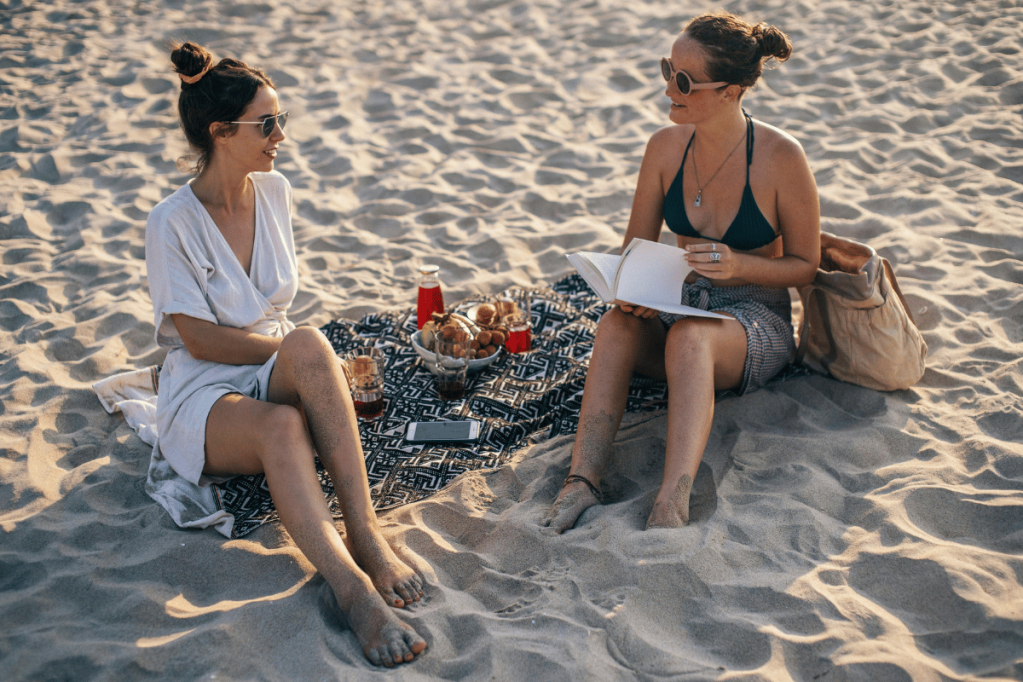
2. EMBRACE IMPERFECTION
If we expect perfection, we are setting ourselves up for failure. Instead of aiming for an idealised version of a holiday, we could set apart some time to think of what we and the people we are travelling with would really enjoy doing. By spending a little time (10-20 minutes) on this exercise, we will notice that our version is more textured and appealing than the ‘perfect’ holiday that we had in mind.
3. WELCOME THE UNEXPECTED
Holidays come with the hope of an adventure, regardless of what we plan to do. We dream of coming back to our day-to-day life changed, with a story to tell, a romance to remember. If we try to keep plans in place at all costs though, none of that is going to happen. It is the unexpected opportunities which make journeys memorable, and if we stick to a specific plan, we are going to miss them.
When we go on an adventure, the golden rule is to keep it light (we are not talking about the luggage). We want to remind ourselves that no disruption to our plans is the end of the world, and there is probably something to laugh about. If we lower the stakes, everything that happens becomes part of the experience that we are having, which means that nothing can really go wrong — within limits.

4. KNOW THYSELF
If we struggle with our emotions, often wish we were not feeling anxious or sad, have a negative impression of ourselves, or consistently struggle to be with others, there might be a deeper mental-health issue that needs to be addressed. If we are not feeling well, it is unrealistic to think that a holiday will solve our problem, or that it will make us forget about it. That would be like expecting a massage to heal a fractured bone. On the other hand, once we have started exploring and understanding our issues, then taking time off, travelling or going on a retreat, can be part of our healing journey.
5. BRING OUR WORLDS TOGETHER
This idea goes together with the previous one: if we are unhappy with our life, a holiday won’t fix it. We might hope that a holiday will give us respite from our dissatisfaction, but instead, it will probably make us feel worse, because it will highlight what we don’t like about our life, leaving us feeling trapped.
This could have the beneficial effect of acting as a catalyst for change, but it will stir unpleasant feelings in the short term. As we have seen, the tourism industry, and the social narratives on holiday, tend to split time off from the rest of our lives, creating artificial worlds that are desirable, as opposed to real worlds that are stressful and dull. Holidays become sacred spaces within profane lives.
What if instead the time of the holiday and the time of day-to-day life were permeable? What if we decided to curate our life so that we could like it more? In this scenario we would not mind if we were to do some work while travelling. We would not find it an intrusion.
The same would apply to other aspects of our mundane life spilling into our holiday time. Quality of life is an important factor for our mental health, so if we are existentially unhappy, we want to take that step and explore the issue, whether that’s with the help of a professional, or on our own.
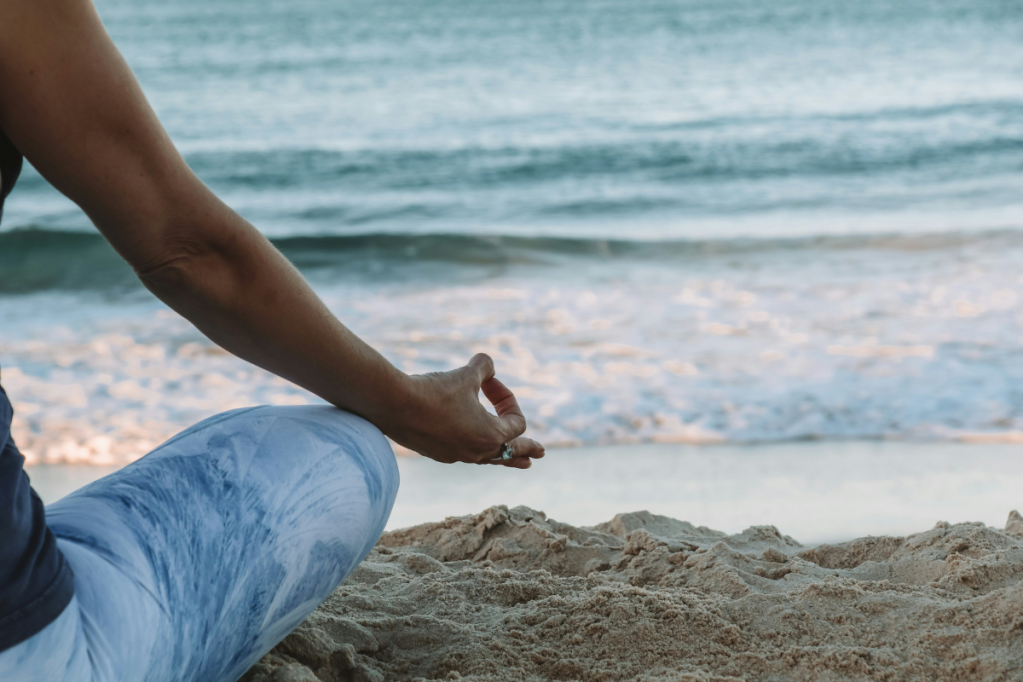
6. TAKE CHANGE INTO ACCOUNT
Last but not least, remember that change is hard. It is normal to feel a sense of uneasiness when we are somewhere new, or when our daily routine is disrupted. We want to give ourselves a moment to settle into the holiday mood. If we assume we can just dive in and have a great time straight away, we are not allowing for the transition period we need to start and feel at ease.
It might feel like wasting precious time, but in fact it is the opposite: by giving ourselves permission to find the first day(s) of a holiday challenging, we are improving our chances to enjoy the whole experience.
Paola Filotico is a clinical psychologist. Her main focus are self-esteem issues and anxiety disorders. She has an interest in the profound meaning of apparently inconsequential experiences, and their ripples in our psyche. Examinedlife.co.uk
